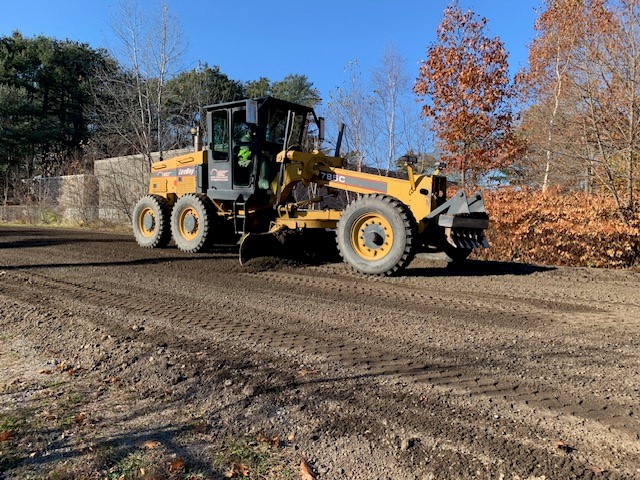
Innovative Materials in Road Maintenance
GeneralIn the realm of infrastructure, the maintenance of roads stands as a pivotal task, ensuring connectivity, safety, and efficiency in transportation networks. However, conventional road maintenance practices often come with significant environmental costs and sustainability concerns. Fortunately, the landscape is evolving, ushering in a new era of innovative materials that promise to revolutionize road maintenance while prioritizing eco-friendliness and durability.
The Need for Innovation
Traditional road maintenance methods predominantly rely on materials like asphalt, concrete, and gravel, which have long been the cornerstone of infrastructure development. While effective in providing sturdy road surfaces, these materials pose notable drawbacks. The production of asphalt and concrete involves substantial energy consumption and emits greenhouse gases, contributing to environmental degradation and climate change. Additionally, their reliance on non-renewable resources raises concerns about long-term sustainability.
Moreover, conventional road surfaces are susceptible to wear and tear, requiring frequent repairs and replacements. This not only incurs high maintenance costs but also leads to disruptions in traffic flow and inconvenience for commuters. Addressing these challenges necessitates a paradigm shift towards innovative materials that offer a harmonious blend of environmental consciousness and durability.
Exploring Eco-Friendly Alternatives
In recent years, the field of road maintenance has witnessed a surge in eco-friendly alternatives that leverage sustainable materials and advanced technologies. One such innovation is the utilization of recycled materials in road construction. By repurposing materials like reclaimed asphalt pavement (RAP) and recycled concrete aggregates (RCA), engineers can reduce the reliance on virgin resources while diverting waste from landfills.
Furthermore, bio-based materials have emerged as promising contenders in the quest for eco-friendly road maintenance solutions. These materials, derived from renewable sources such as plants and agricultural by-products, offer a greener alternative to traditional paving materials. Examples include bio-asphalt, made from plant oils, and bio-concrete, which incorporates organic additives to enhance strength and durability.

Embracing Durability through Innovation
While eco-friendliness is a crucial aspect of modern road maintenance, durability remains paramount in ensuring the longevity of infrastructure assets. In this regard, advancements in material science have led to the development of high-performance materials engineered to withstand the rigors of heavy traffic and adverse weather conditions. For more insights and further information about innovative materials in road maintenance, check out Line Marking Pro to learn more.
One notable example is graphene-enhanced asphalt, which harnesses the exceptional strength and conductivity of graphene nanomaterials. By incorporating graphene into asphalt mixtures, engineers can create road surfaces that exhibit superior durability, enhanced thermal stability, and improved resistance to cracking and rutting. This not only extends the lifespan of roads but also reduces the frequency of maintenance interventions, resulting in cost savings and minimized disruptions.
The Road Ahead: Towards Sustainable Infrastructure
As the global focus on sustainability intensifies, the demand for innovative materials in road maintenance is poised to grow exponentially. Governments, infrastructure developers, and construction firms are increasingly prioritizing green initiatives and seeking solutions that minimize environmental impact without compromising performance.
In response to this growing demand, research and development efforts are underway to explore novel materials and construction techniques that align with the principles of sustainability and resilience. From self-healing concrete that repairs cracks autonomously to solar roadways that generate clean energy, the possibilities are vast and promising.
By embracing eco-friendly and durable innovations in road maintenance, we not only pave the way for a more sustainable future but also lay the foundation for resilient transportation networks that can withstand the challenges of the 21st century.








